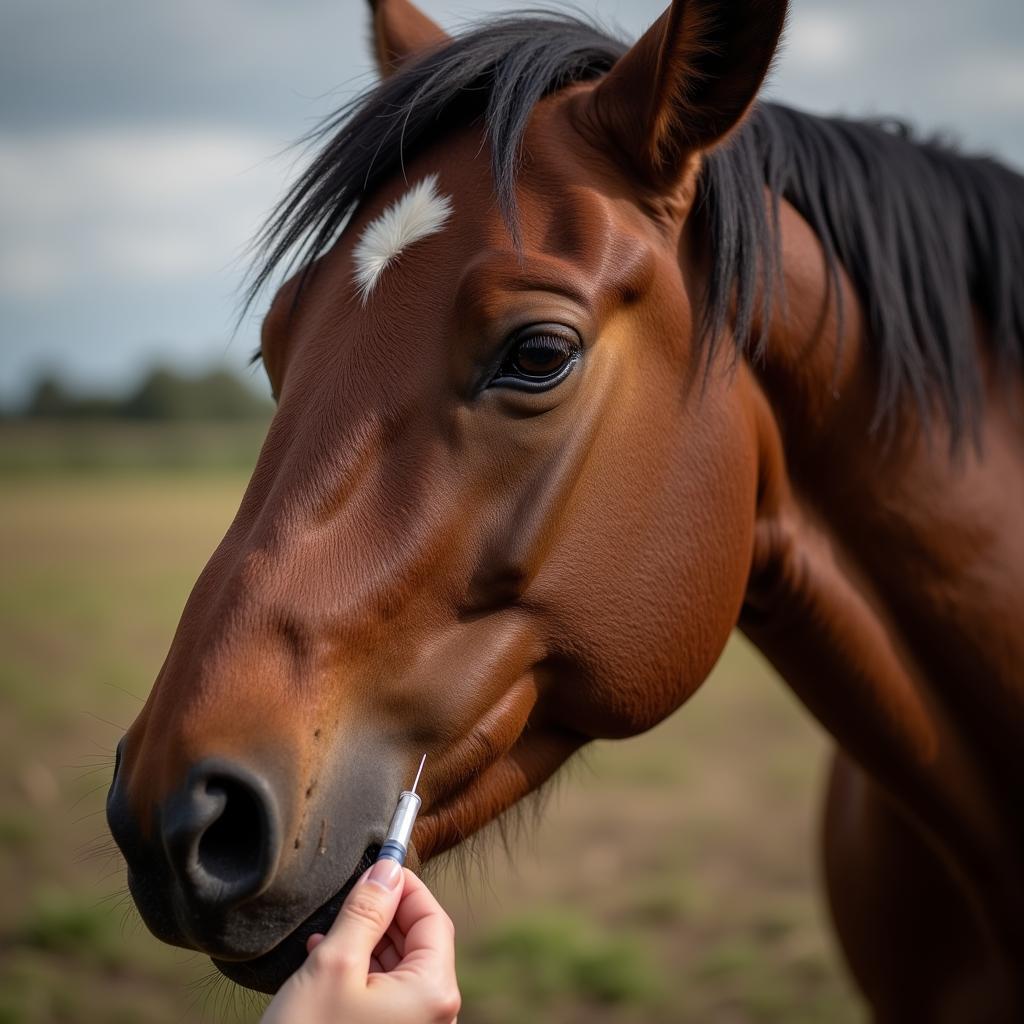Horse Sleazys, a term often whispered in hushed tones within the equestrian community, refers to unethical or questionable practices within the horse industry. These practices can range from misrepresenting a horse’s age or health to using abusive training methods or engaging in fraudulent sales tactics. Understanding these “sleazys” is crucial for protecting both horses and their potential owners.
Recognizing Common Horse Sleazys
Horse sleazys can take many forms, and being aware of them is the first step towards avoiding becoming a victim. Some common examples include:
- Drugging horses to mask lameness or behavioral issues: This deceitful tactic can lead buyers to purchase a horse with underlying health or temperament problems that become apparent once the drugs wear off.
- Misrepresenting a horse’s training level or experience: Exaggerating a horse’s abilities can put inexperienced riders in dangerous situations and lead to disappointment and frustration.
- Falsifying a horse’s age or pedigree: This type of fraud can significantly impact the horse’s value and can be difficult to detect without proper documentation.
- Using high-pressure sales tactics: Aggressive sales techniques can pressure buyers into making hasty decisions they may later regret.
- Hiding or downplaying health issues: Failing to disclose known health problems is a serious ethical breach and can have significant consequences for the horse’s well-being.
 Horse Being Drugged Before Sale
Horse Being Drugged Before Sale
Protecting Yourself from Horse Sleazys
While horse sleazys are unfortunately a reality, there are steps you can take to protect yourself:
- Do your research: Thoroughly investigate the seller and the horse’s history. Check online forums and social media groups for any negative reviews or complaints.
- Get a pre-purchase exam: A veterinarian can identify potential health problems and verify the horse’s age and overall condition.
- Ask questions: Don’t be afraid to ask the seller detailed questions about the horse’s history, training, and health. If they are hesitant to answer or their responses seem evasive, it’s a red flag.
- Trust your gut: If something feels wrong or too good to be true, it probably is. Walk away from any situation that makes you uncomfortable.
- Seek professional advice: Consult with a trusted trainer, equine lawyer, or experienced horse owner for guidance.
What to Do If You Encounter a Horse Sleazy
If you believe you’ve been the victim of a horse sleazy, you have several options:
- Document everything: Gather any evidence you have, including emails, text messages, sales contracts, and veterinary records.
- Contact the seller: Attempt to resolve the issue directly with the seller.
- Report the incident: You can report horse sleazys to relevant authorities, such as your state’s attorney general or the local humane society.
- Seek legal advice: An equine lawyer can advise you on your legal options and help you pursue compensation if necessary.
How Can I Spot a Horse Sleazy?
Look for inconsistencies in the seller’s story, overly aggressive sales tactics, or reluctance to provide documentation or allow a pre-purchase exam.
Are Horse Sleazys Common?
Unfortunately, yes. While the majority of horse sellers are honest and ethical, it’s important to be aware of the potential for unethical practices.
Conclusion
Horse sleazys can have devastating consequences for both horses and their owners. By being informed and taking proactive steps, you can protect yourself from these unethical practices and ensure a positive and rewarding horse ownership experience. Remember, knowledge is your best defense against horse sleazys.
FAQ
- What are some red flags to watch out for when buying a horse?
- How can I verify a horse’s age and pedigree?
- What should I include in a horse sales contract?
- What are my legal options if I’ve been scammed?
- Where can I report horse abuse or neglect?
- How can I find a reputable horse seller?
- What are some common horse health problems to be aware of?
For further assistance, please contact us at Phone Number: 0772127271, Email: [email protected], or visit our location at QGM2+WX2, Vị Trung, Vị Thuỷ, Hậu Giang, Vietnam. We have a 24/7 customer service team. Explore our website for more articles on horse care and ownership.